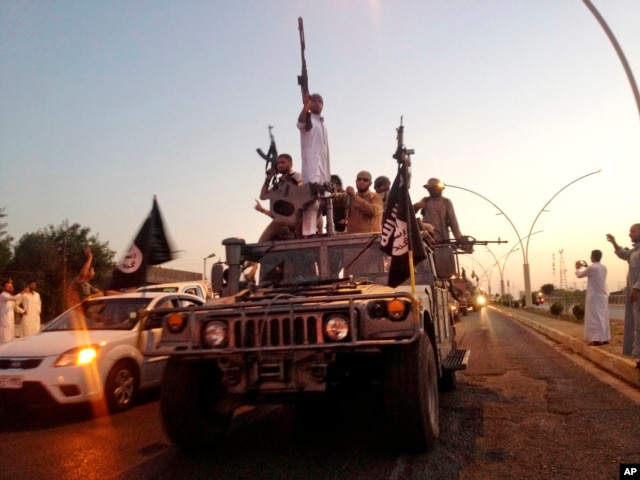Surprise! I posted a similar list yesterday and nobody put 2 and 2 together. It's alright to condemn what goes on here while allowing the same thing in their own countries.
Condolences have poured in from around the world since 49 people were killed at a gay nightclub in Orlando, including statements of support from governments (This Is How World Leaders Are Reacting To The Orlando Gay Nightclub Shooting) from across the globe.
More of the story @ These Countries That Condemned The Orlando Attack Are Terrible Towards LGBT People
Condolences have poured in from around the world since 49 people were killed at a gay nightclub in Orlando, including statements of support from governments (This Is How World Leaders Are Reacting To The Orlando Gay Nightclub Shooting) from across the globe.
More of the story @ These Countries That Condemned The Orlando Attack Are Terrible Towards LGBT People




